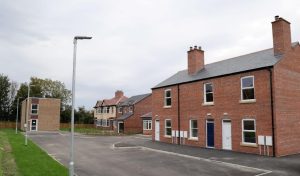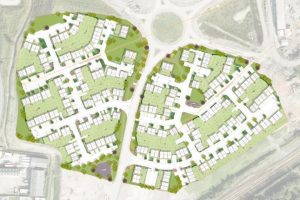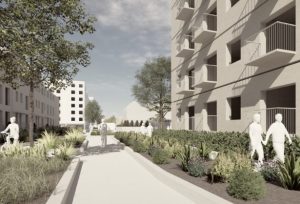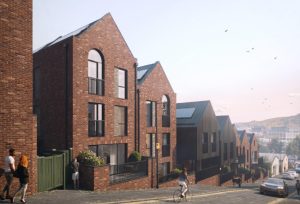Research facilities launched to help build energy efficient homes of the future
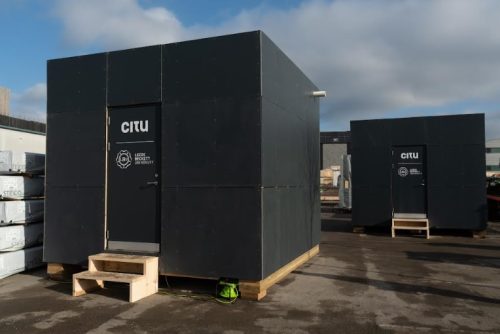
The Leeds Sustainability Institute (LSI), part of Leeds Beckett University, is launching new facilities to assess the thermal performance of UK homes.
The two “test cells” at Citu’s Climate Innovation District in Leeds, are part of a wider project by LSI to gather real-world performance data on British house types to evaluate the effectiveness of new build homes and retrofit solutions.
These test cells will function as laboratories, enabling the development of more reliable methods for measuring building performance.
By improving measurement techniques, housebuilders, landlords, and homebuyers can gain greater confidence that their properties perform as expected and meet modern energy efficiency standards.
This year the UK’s Future Homes Standard (FHS) is set to take effect. For the first time, developers will be required to test and verify the thermal performance of new homes after construction, ensuring they perform as designed.
The LSI has also been conducting a building performance testing program at the Net-Zero Research Village (NeRV) near Gateshead.
It is assessing nine different home types, each representing a typical British housing era – from 1910s terraces and 1930s semi-detached houses to 1950s bungalows, 1970s flats, and 1990s detached homes.
This research research should provide data to improve tools that will help the industry meet its ambitious new build and retrofit targets.
Professor David Glew, director of the Leeds Sustainability Institute at Leeds Beckett University, said: “We’re partnering with developer Citu to establish these two test cell sites in Leeds to help define a pathway for housebuilders to integrate measurements into their everyday construction processes and meet upcoming net zero regulations.
“The coming shift in focus within the building regulations towards measured data is a step change for the industry.
“It is essential for all parts of the construction industry, from housebuilders, landlords and energy companies to green tech and finance innovators, to know the real performance of their energy efficient products and homes.”
Sam Whiteley, production manager at Citu, said: “Citu and the Climate Innovation District are driven by creating sustainable urban communities and exploring and incorporating homes built with sustainable materials and innovative technologies.
“So, working with LSI on these two new test cells helps to not only demonstrate our existing credentials but will allow us to continue innovate and drive performance standards in sustainable home building.”
David Lynch, energy transition strategy manager at NeRV, added: “The testing LSI have carried out at NeRV will give us granular insights into the baseline energy performance for each property type, ultimately helping us understand what impact low carbon retrofit technologies have had upon each dwelling.
“All of this takes us closer to delivering the data on domestic decarbonisation, and providing the evidence customers need to make informed decisions depending on the type of home they live in.
“With the UK needing to decarbonise 20,000 properties a week for the next 25 years, it’s absolutely essential to have those answers.”

